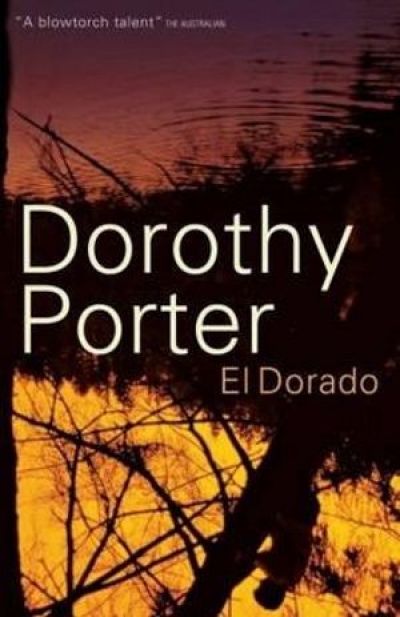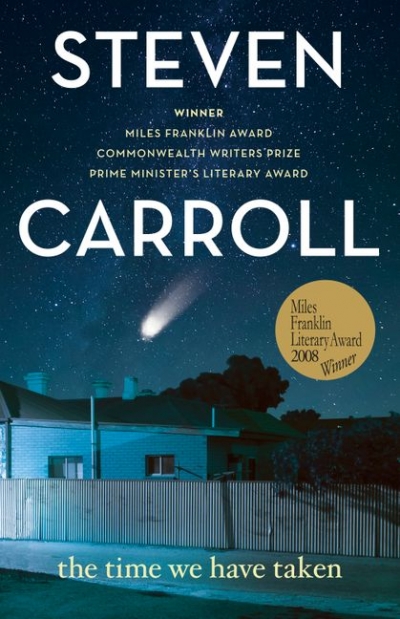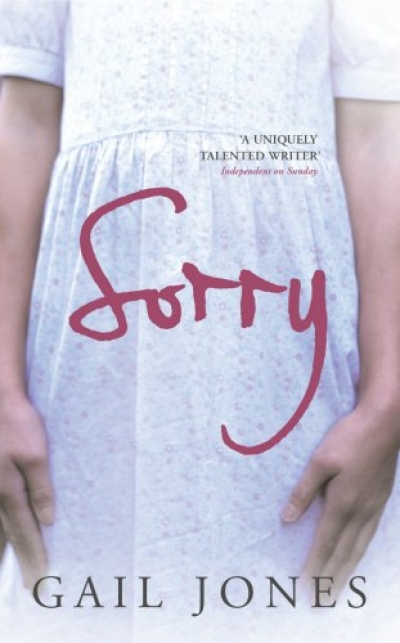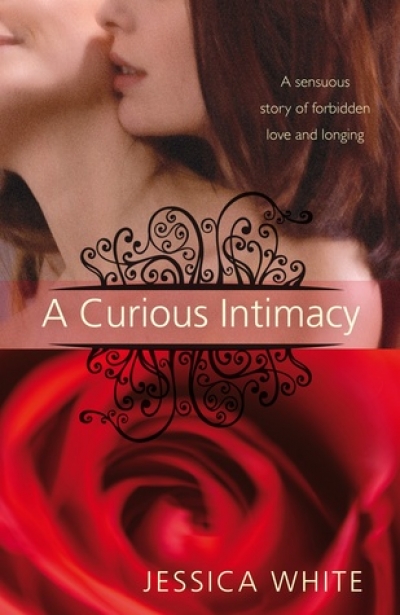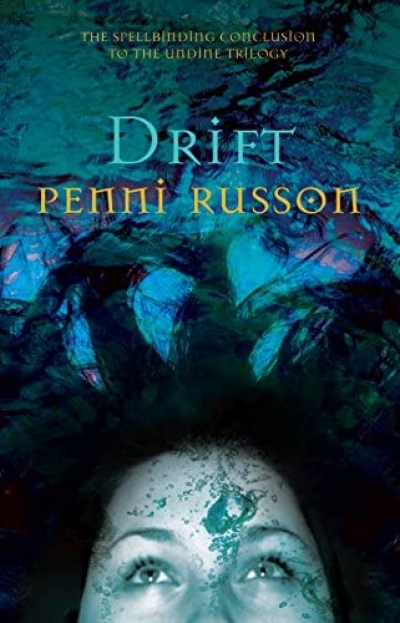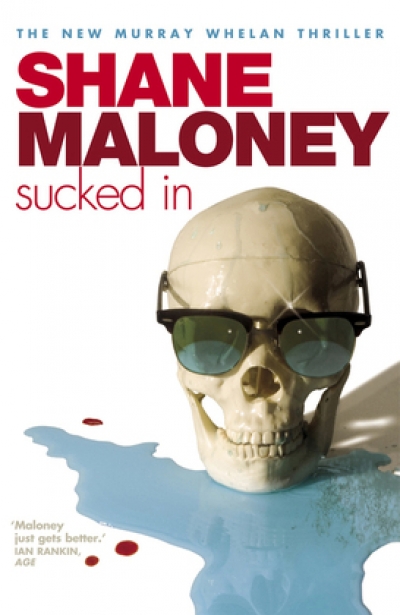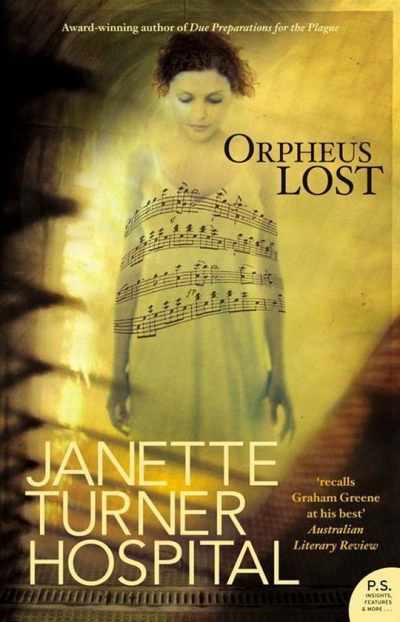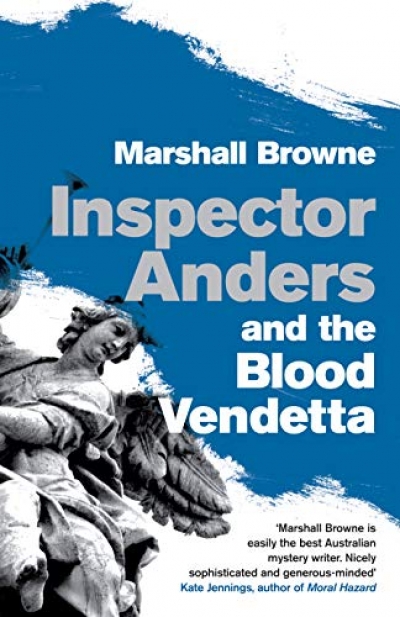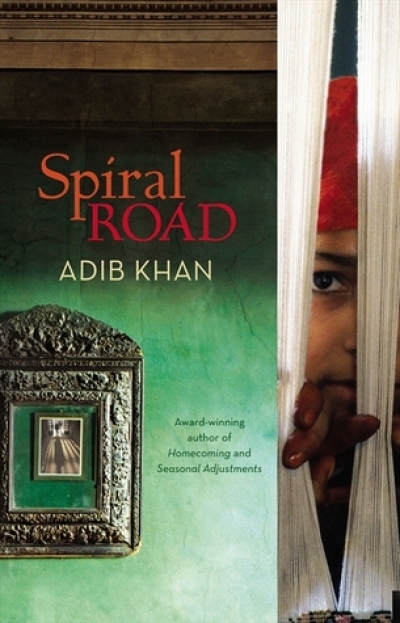Fiction
Dorothy Porter’s verse novels are delicious and distancing, formal, fiery and frenetic. With the possible exception of What a Piece of Work (1999), they get better and better. Early on, El Dorado smacks you in the face and strokes your imagination with a ‘little girl’s / dead hand / … sticking stiffly / up / as if reaching / to grab an angel’s / foot’. Framed by epigraphs from Gilgamesh, Peter Pan and Wallace Stevens, an enigmatic gesture of thanks ‘for the magic snakes’, a stanza from Yeats’s ‘The Stolen Child’ and a prologue invoking the ‘thick alien ice’ of Europa, Porter’s latest verse novel is contextualised with multiple, allusive legendry. This is a work that invokes and reimagines, iconoclastically, various fantasies (Atlantis, Neverland, El Dorado), mythologies (Greek, Roman, Christian) and pop-ular culture fantasists such as Disney, the Beatles, the Flintstones, and literary allusions to Shakespeare, Keats, Donne, Dickinson, Stevenson, Doyle, Carroll, Twain. El Dorado is as much about how fantasy works as it is a fantastic detective narrative.
... (read more)Steven Carroll’s The Time We Have Taken is the latest in his trilogy – with The Art of the Engine Driver (2001), The Gift of Speed (2004) – about a northern suburb of Melbourne. Referred to only as ‘the suburb’, this anonymity serves to make it a universal place on the fringes of any Australian city ...
... (read more)A smattering of cultural theory is helpful when reading Gail Jones. The academic bones of her writing always show through the thin padding of her concept-driven stories: deconstructed photography in Sixty Lights (2005), technology and intimacy entwined in Dreams of Speaking (2006). It is more than disconcerting when the narrator of Jones’s third novel, Sorry, starts to interrogate the text with the aplomb of a Cultural Studies postgraduate, especially as the said narrator, Perdita, is a twelve-year-old girl living in Perth, in 1942, curled up in bed with a copy of Joseph Conrad’s Heart of Darkness. ‘Since the first reader is the author,’ Perdita thinks to herself, ‘might there be a channel, somehow, between author and reader, an indefinable intimacy, a secret pact? There are always moments, reading a novel, in which one recognises oneself, or comes across a described detail especially and personally redolent; might there be in this covert world, yet another zone of connection?’
... (read more)There is something of the Famous Five about this book, largely due to the central character. It is the 1870s and botanist Ingrid – ‘a woman in trousers’ – is on her horse, Thistle, collecting specimens in Western Australia. She and her father, who dearly misses her back in Adelaide, are writing and illustrating a book on wildflowers. Ingrid is practical and can fix a broken water pump; even though she is considered eccentric, people seek her advice.
... (read more)Drift is a complex and ambitious piece of young adult fiction that attempts, and partially achieves, an exploration of myriad existential themes. Through the tale of Undine, the adolescent daughter of an idiosyncratic family, claustrophobically trapped between magical realms and reality, Penni Russon embarks on a sometimes baffling journey through parallel universes, string theory and the physics of chaotic coexistence.
... (read more)Sucked In, the sixth instalment in Shane Maloney’s Murray Whelan series, is just what fans will be hoping for – a fast-paced mystery (with the obligatory dose of political wheeling and dealing) that never lets blackmail, violence or possible murder stand in the way of a laugh.
... (read more)If the role of myth is to elaborate an unbearable truth so frequently and variously that its burden is made bearable, it is no wonder that the story of Orpheus and Eurydice exists in a multitude of retellings and a plethora of different versions on canvas, screen, stage and disc. Most of these remain faithful to its romantic-tragic paradigm: boy meets girl, boy loses girl, boy does not get her back. Consumers of this myth of inexhaustible mystery willingly relive, time and time again, the magnetic pull of fathomless love and the black hole of inconsolable loss.
... (read more)Inspector Anders, the one-legged anti-terrorist expert, is back. In Marshall Browne’s new novel, he returns to Italy after being sent to the safety of a Europol desk, away from the southern Italian mafia, who had sworn, and attempted, to kill him. Outspoken right-wing politicians are being murdered, and all the signs point to serial killings with deep-seated motives.
... (read more)The Sleepers Almanac 2007: The family affair edited by Zoe Dattner and Louise Swinn
Everyone is fascinated by families. First we are landed in one, then most of us seek out or create yet another one, sometimes more. The success or failure of families is endless, as the contributors to this year’s Sleepers Almanac demonstrate.
... (read more)Britain’s Prospect magazine recently canvassed a number of leading thinkers on the question of what, in coming decades, would replace the great twentieth-century schism between left and right. In an overwhelmingly pessimistic field, the contribution of Pakistani scientist Pervez Hoodbhoy stood out in its cold-blooded concision. ‘Global and national politics will turn simple and Hobbesian,’ he predicted. ‘In the interim, energy hunger will drive the US and European countries to squeeze out, and steal, the last drops of oil from under Muslim sands. As bridges between Islam and the west collapse, expect global civil war and triumphant neo-Talibanic movements circling the globe.’
... (read more)

